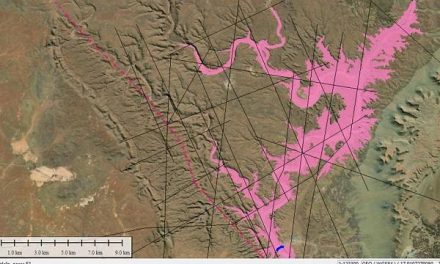
Getting rid of cheques is all well and fine – until the system breaks down
Internet services were interrupted this week Thursday when Telecom’s servers fell over. This is not a first occurrence as data lines were also intermittantly on and off on Tueday but this mostly affected wi-fi services. Thursday was much more serious eventually turning into a nightmare for hundreds of companies that had to make PAYE payments on the 20th.
It is not so much the unreliable internet connectivity that upset the business community. In a sense we have become used to the fact that data lines are often overwhelmed by surges in traffic and then the system crashes, or at least those functions in the internet backbone provided by Telecom stop working. Usually these interruptions are solved quickly and the data lines are up within half an hour. But Thursday proved to be the unexpectd exception. Full internet connectivity was restored only after three o’clock in the afternoon.
What upset the business community was the frosty reception at the Receiver of Revenue. When it became critical to process electronic fund transfers, many businesses realised they are running out of time. In Windhoek, this led to a rather substantial stampede to the Receiver’s service hall. Shortly after lunch the usual single queue where the completed PAYE forms together with the proof of electronic payment, are submitted, has grown to a considerable length. But these submissions were a formality. Those businesses probably made their transfers the previous day.
It was at the other counters where payment is typically made by cheque, that the swell in numbers eventually overwhelmed the system. At some point, four counters were manned with four lines of people stretching outside the front entrance. Many of those who wanted to make payment by cheque were turned away, being told that only bank guaranteed cheques are accepted.
Where does one get a cheque guaranteed by the bank after three in the afternoon. And who is responsible for the additional cost? The Receiver? I doubt it. Telecom? I doubt that even more.
The blunt answer from the Receiver’s staff was a simple “Tomorrow you pay penalties.” Who will then be liable to pay those penalties?
What’s more, the Receiver wants to close the service hall at four o’clock. By that time there was still more than a hundred people in the hall. All those payments can in any case only be processed the next day. So, where is the logic in all of this, or at least what rational remedies are available to companies who want to pay their PAYE but are prevented or hindered by system breakdowns?
The decision by the Receiver of Revenue to no longer accept tax payments by cheque was a unilateral decision by the Ministry of Finance last year. It is all good and well that this comes in the wake of a worldwide movement to migrate all payments to a digital channel, but then the systems must be reliable, especially on critical days, and the institution receiving the payment, in this case the Receiver, must stop their intransigence, and actually make provision for extraordinary circumstances beyond the control of the business community.
If a company needs to pay a creditor, there are usually specific days on which payment is due. If, for a valid reason, like a system breakdown, the payment can not be made on the due date, then it is done the next day. The business world does not squeal about this, it is part of normal business, as long as payment is made.
The Receiver, however, is backed by strong legislation to protect its own income. The private sector does not have this luxury. If then, companies who are willing to pay, arrive at the Receiver’s office with their payment in the form of a cheque, I believe that gesture should be interpreted in a positive light, and the cheque accepted regardless whether it is bank guaranteed or not.
The Receiver, in turn, may argue that the responsibility to pay taxes on time is that of the businesses. Fundamentally, and in principle, this is true and correct, but when a government is struggling with its tax income, then I believe a “softer” approach may be very helpful to get the private sector behind the fiscus. What’s more, when the economy is under severe strain as it is right now, prudent cash management becomes a means of survival. I am not aware of any company that will pre-date its tax payments, but I am also not aware of any company that will not pay its taxes.
Remember, this week’s PAYE disaster was not the makings of the business community. It was the result of a failure in the technology without which payment can not be made. It was not as if there was any unwillingness on the part of companies to pay PAYE, it was an unwillingness by the Receiver to accept and honour the method of payment. When all the systems are good, there is no crisis. It is only when exceptional circumstances arise, that the deadline causes a crisis.
To me this is another example of a bandwagon idea which our authorities are quick to announce, adopt and enforce, without thinking through the implications, or the exceptions.
It is almost a year since I asked how companies will effect simple transactions such as drawing petty cash without a cheque payment system. Still no answer.









































